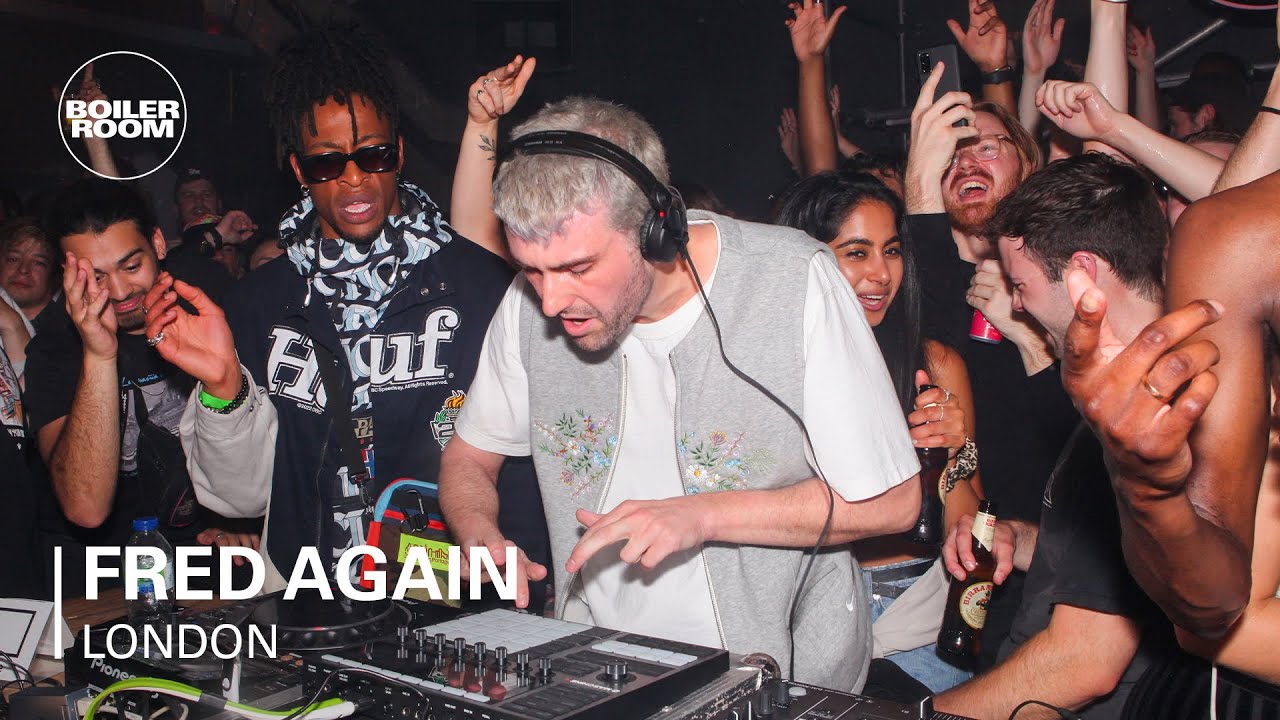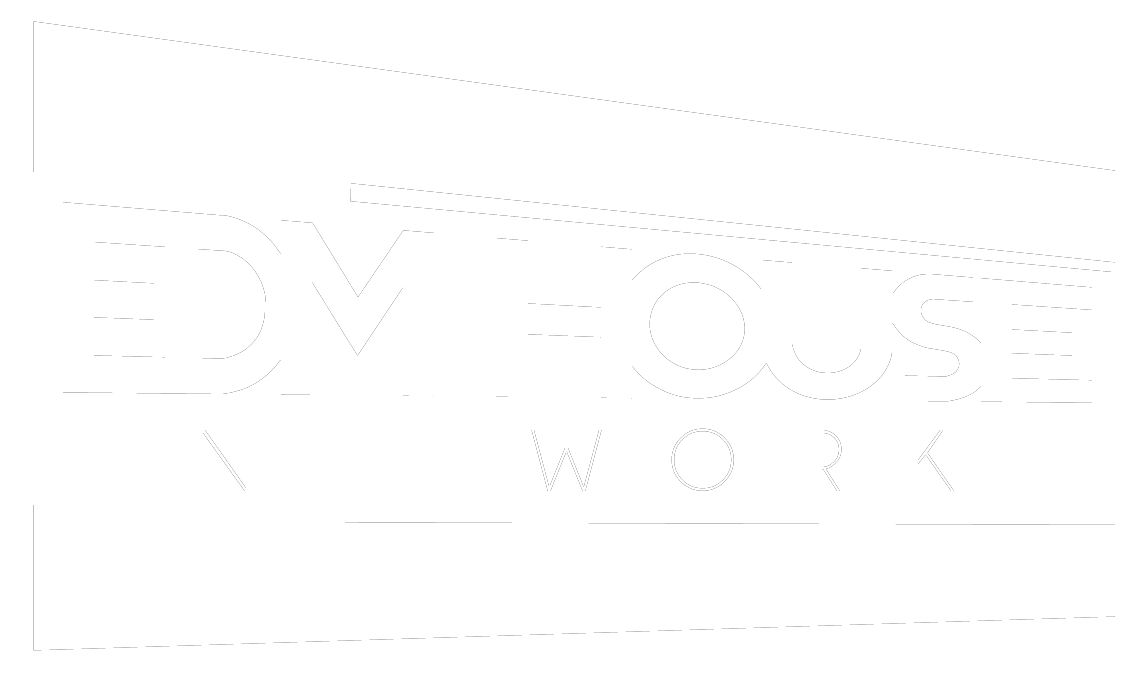Boiler Room has been a revolutionary force in the music industry since its inception in 2010. Starting in a small London basement, the platform was built around a simple idea: to showcase music in its raw and unfiltered form. A single camera captured intimate performances by DJs in front of a modest crowd, while millions tuned in online. This stripped-back concept resonated with fans worldwide, offering them a window into underground music scenes they might never have discovered otherwise.
Over time, Boiler Room expanded its reach and influence, hosting events in cities like Berlin, New York, and Tokyo. It became a global platform for a wide range of music genres, from garage and house to grime and jazz. The focus has always been on celebrating authenticity and giving a stage to both emerging and established artists. Performances such as Fred Again..’s 2022 set, which quickly gained millions of views, highlight the platform’s ability to amplify talent and connect artists with fans on a deeply personal level.
The recent acquisition of Boiler Room by Superstruct Entertainment marks a pivotal moment in its history. Superstruct is a major player in the live music world, owning and operating some of the biggest festivals globally, including Sziget and Parookaville. This partnership combines Boiler Room’s expertise in digital broadcasting with Superstruct’s strength in live event production, creating opportunities for innovation in how music is experienced.
For Boiler Room, this acquisition could mean access to resources that will allow it to grow even further while reaching new audiences. However, it also raises important questions. Will the platform maintain its commitment to underground music and its reputation as a champion for independent artists? Or will the influence of a larger corporate entity risk diluting the unique identity that has made Boiler Room so beloved?
This acquisition reflects the growing importance of blending live and digital experiences in the music industry. It also highlights the value of platforms that can bring niche, underground scenes to a global stage. For fans, it is a reminder of the role they play in supporting authentic spaces that prioritize artistry over commercialism.
The future of Boiler Room will depend on how this new chapter unfolds. As it integrates into Superstruct’s ecosystem, fans and artists alike will be hoping it retains the essence that made it a cultural icon while embracing the opportunities that come with this partnership.
SOCIAL NETWORKS
- 2M Followers
- 200K Followers
- 74K Followers
- 2K Followers
- 1.5K Followers
- 27.5K Followers







